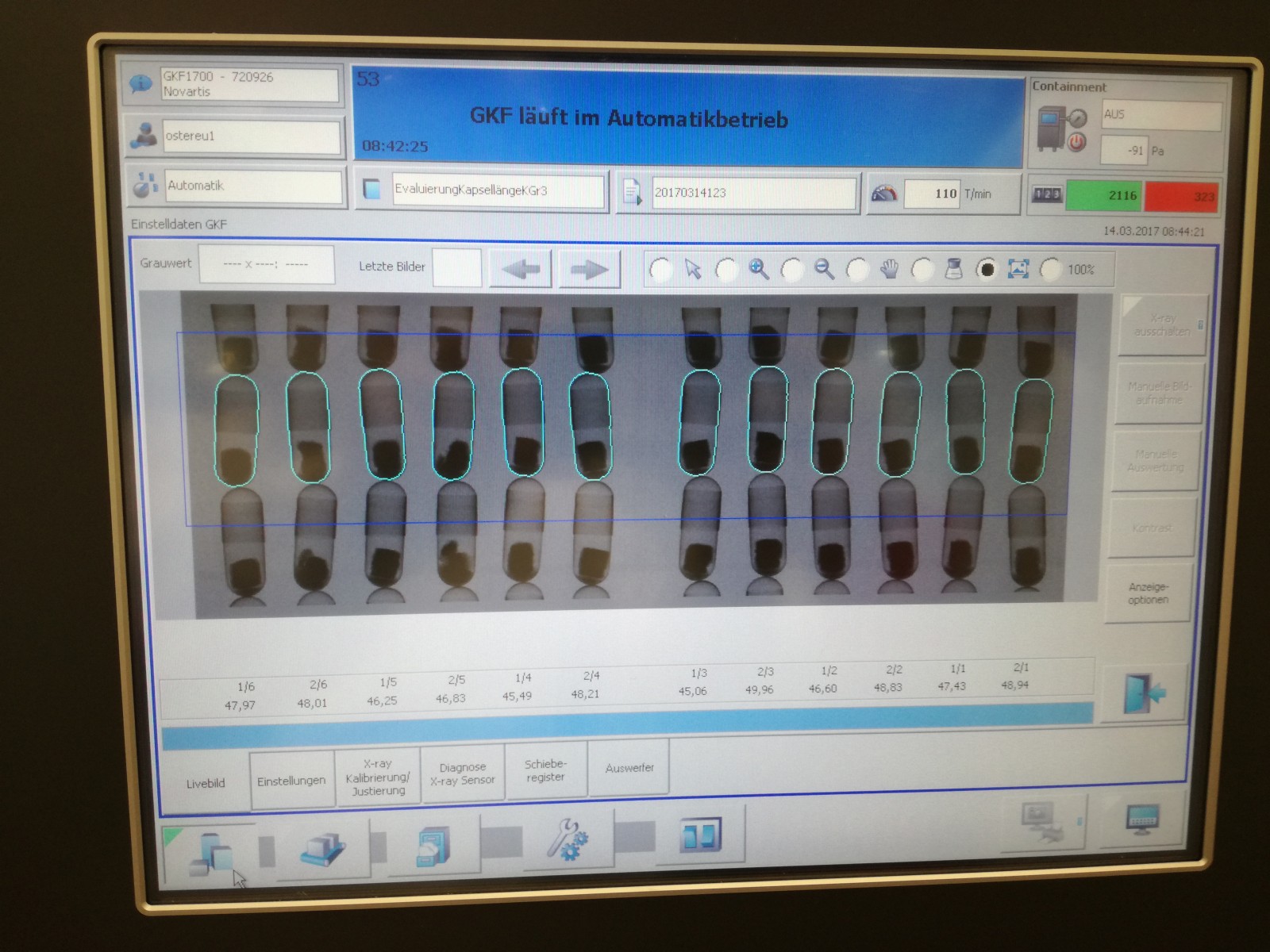Setting a precedent with non-exclusive voluntary licence for a cancer compound
Date
15 November 2022

Novartis
Low- and middle-income countries (LMICs)
Nilotinib (Tasigna®)
Signing a non-exclusive voluntary licensing agreement for a cancer medicine with the Medicines Patent Pool
To facilitate production by generic medicine manufacturers of nilotinib (Tasigna®)
While national governments are mainly responsible for establishing cancer care systems, pharmaceutical companies can do more to increase access to quality-assured medicines in LMICs, such as those for cancer. One way is to choose to license them through the Medicines Patent Pool (MPP), which works with patent holders and sub-licensees (manufacturers) to facilitate voluntary licensing on public health-oriented terms and conditions, for example by widening the geographic scope of licences and making provision for access clauses.
Engaging with the MPP helps companies be more transparent and can also improve the quality of licensing agreements. In assessing the quality of a voluntary licence, the Index considers multiple factors such as whether a licence is agreed before approval for launch or later in the product’s lifecycle, or whether it includes restrictions, such as restrictions on manufacturers making active pharmaceutical ingredients or compounds, and on supply in countries where patents are infringed. Companies are also assessed on whether they provide the option for technology transfer – an important element for licensing, but not yet sufficiently common.
Novartis demonstrates best practice by licensing its cancer compound nilotinib via the MPP as part of the Access to Oncology Medicines (ATOM) Coalition. In May 2022, it was the first company to join ATOM, a global initiative to improve access to essential cancer medicines in low- and lower-middle income countries and increase diagnosis and care capacity. Through this, it is granting the MPP a “freedom to operate licence” for sublicensing to generic medicine manufacturers to make and distribute its medicine in designated countries, currently the license covers 44 countries, 43 of which are in scope of the Index. It will reinvest royalties into ATOM.
Novartis sets a precedent in licensing an innovative, on-patent cancer medicine via the MPP. The primary patent for nilotinib expires in 2023 but secondary patents continue. The medicine is also the first NCD product to be licensed in this way. The company deserves credit for its achievement and efforts, facilitated by the MPP, to create new pathways for the licensing of medicines for non-communicable diseases.
Extending NEVLs to reach more people
Novartis’s voluntary licence for nilotinib is a promising step. The Index looks for companies to extend this approach to other products – or the compounds required to make those products – especially those for cancer and other NCDs which are currently unaffordable to many people living in LMICs.
References
1 Pramesh C, Badwe R, Bhoo-Pathy N, et al. Priorities for cancer research in low- and middle-income countries: a global perspective, Nat Med; 2022. https://doi.org/10.1038/s41591-022-01738-x